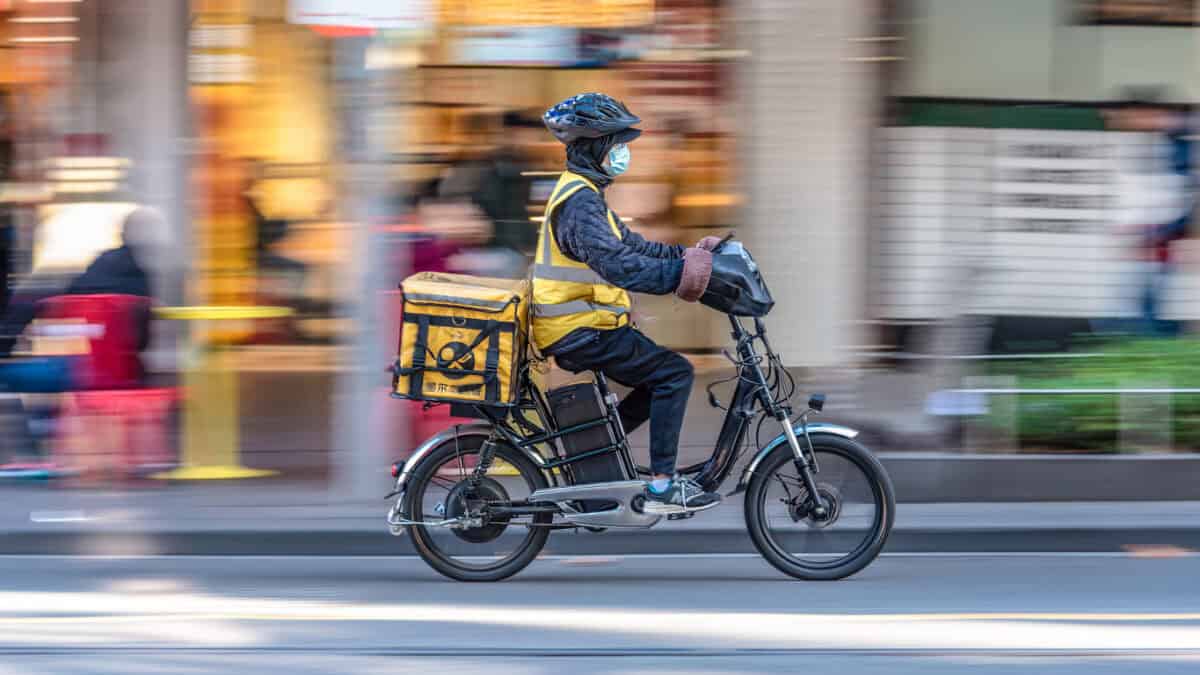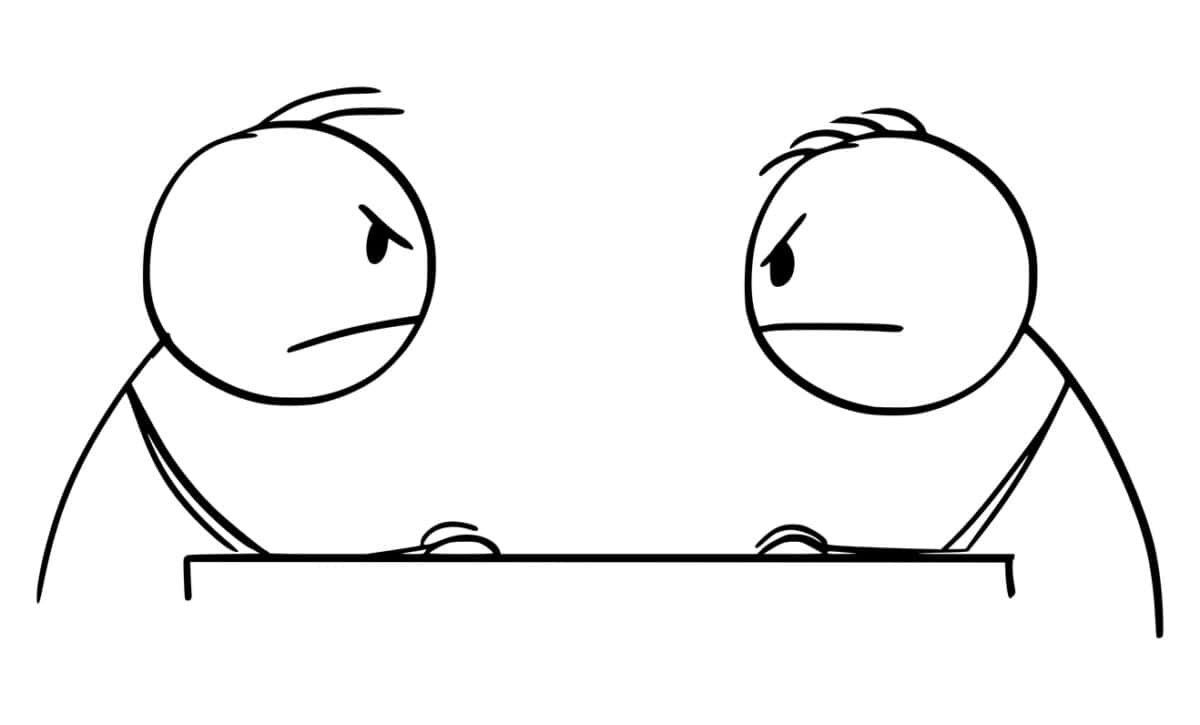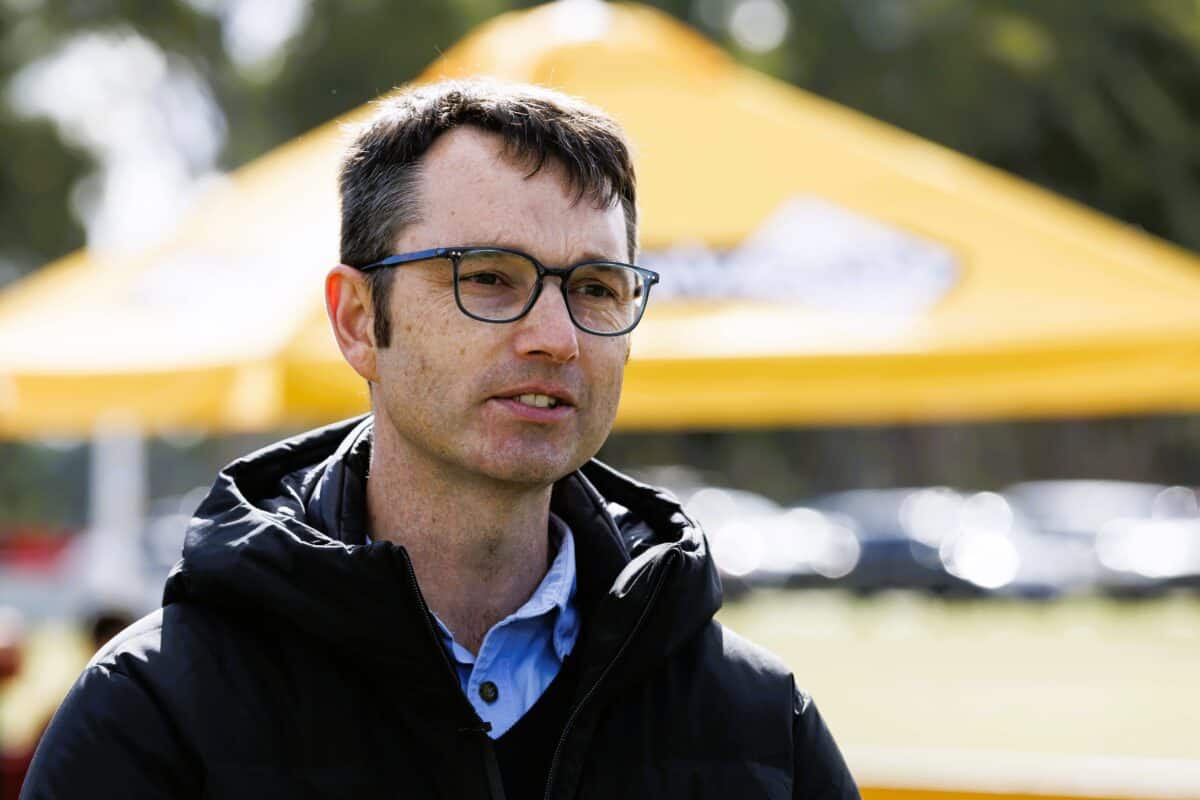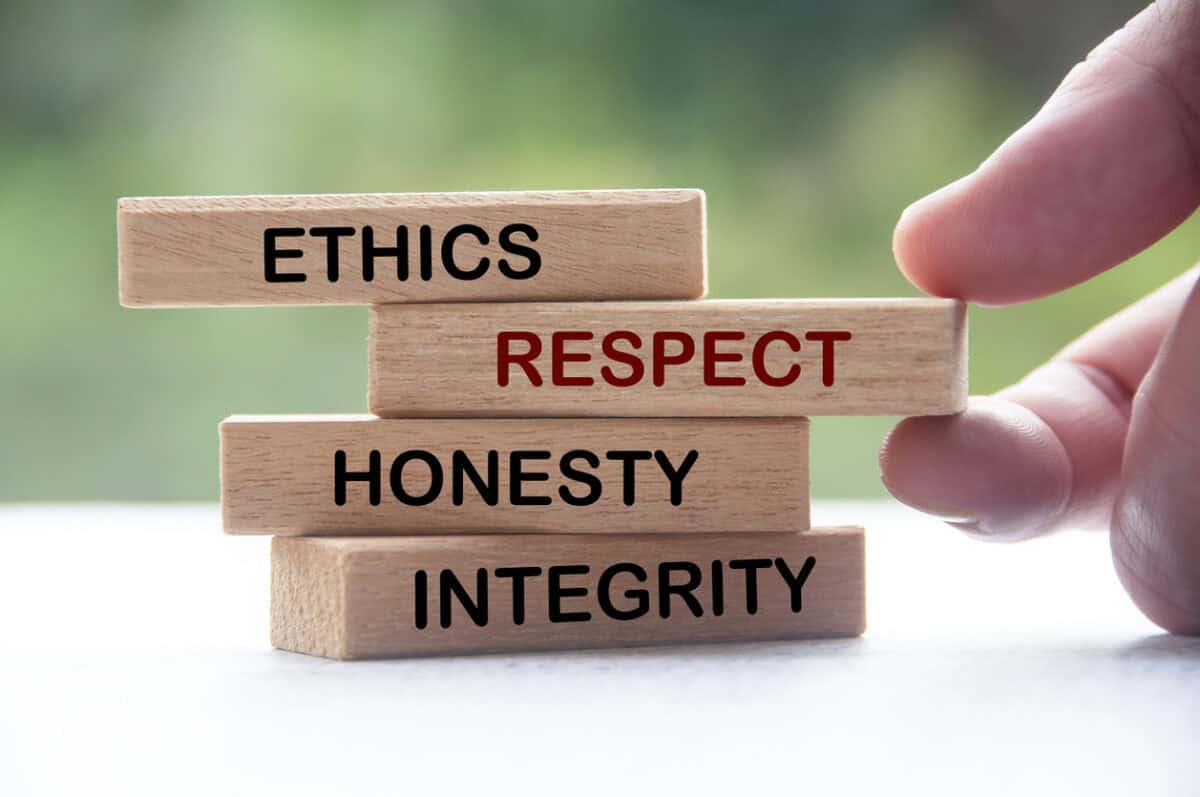On October 21, 2025, the Australian Capital Territory’s Parliament debated (page P3249) expanding workers’ compensation to gig workers. Impediments to change were similar to those mentioned in various parliamentary inquires and debates ever since gig work developed into an industry sector and gig workers started to die at work. But the amendment passed so progress was made.
Category: government
What We Lose When NDAs Win
Non-disclosure agreements (NDAs) are a contentious device used by lawyers, often as part of the settlement of a legal dispute. These came to the fore in the context of sexual harassment several years ago. The Victorian government has proposed a bill to Parliament that, according to the Australian Financial Review (AFR), will increase transparency. This should assist in determining changes to work processes that are as low as is reasonably practicable.
NDAs have been an insidious tool, especially in relation to sexual harassment at work.
NSW Debates Dollars While Workers Break Down
In New South Wales, reduced workers’ compensation for those workers suffering from a mental injury remains a politically hot topic. Independent Member of Parliament, Alex Greenwich, asked the Minister for Work Health and Safety, Sophie Cotsis, about maintaining “the sustainability of premiums”. This opened the door for Cotsis to inform the House and to attack the (Conservative) opposition. The debate highlighted the continuing misdirection from much more important and key occupational health and safety (OHS) reforms.
No Excuses, No Transition – Navigating Victoria’s New Psych Safety Code
Maddocks law firm has just concluded the second part of their psychological health and safety seminars. Lawyers Catherine Dunlop and Dale McQualter have the advantage of following a seminar on the same topic held by Victoria’s occupational health and safety (OHS) regulator just the other day. The advantage with this seminar is that the lawyers feel comfortable in giving their opinions and advice in contrast to the careful words of the WorkSafe people.
Sex Work in the New South Wales Parliament
That sex work is a legitimate occupation is far less contentious in Australia than in the past, but the reality still requires reinforcement every so often, and we can all learn things from this industry.
On October 23, 2025, Greens Member of Parliament, Abigail Boyd, asked the New South Wales Parliament to recognise
Continue reading “Sex Work in the New South Wales Parliament”Why Known Hazards Still Kill – Falls from Heights
Recently WorkSafe Victoria revealed that in 2025:
“In the first half of this year, 174 Workcover claims have been lodged from the construction industry, from falls alone. A further 34 businesses have been charged and another 28 duty holders faced legal action, accumulating more than 2.54 million in fines, undertakings and costs. That already tops the entire 2024 figure of $1.65 million from 33 charged or prosecuted entities.”
I had the opportunity to ask WorkSafe’s Chief Health and Safety Officer, Sam Jenkin (pictured above), why such a well-known workplace hazard persists.
Why do we need a “positive duty” to prevent harm?
In 2023, a Royal Commission into Violence, Abuse, Neglect and Exploitation of People with Disability recommended that the Commonwealth Disability Discrimination Act 1992 be amended to introduce a positive duty on all duty-holders to eliminate disability discrimination, harassment and victimisation. This echoes the imposition in 2022 of a positive duty to prevent sexual harassment. Occupational health and safety (OHS) legislation has had its positive duty to prevent work-related harm since 1985. So why this current push for positive duties?







